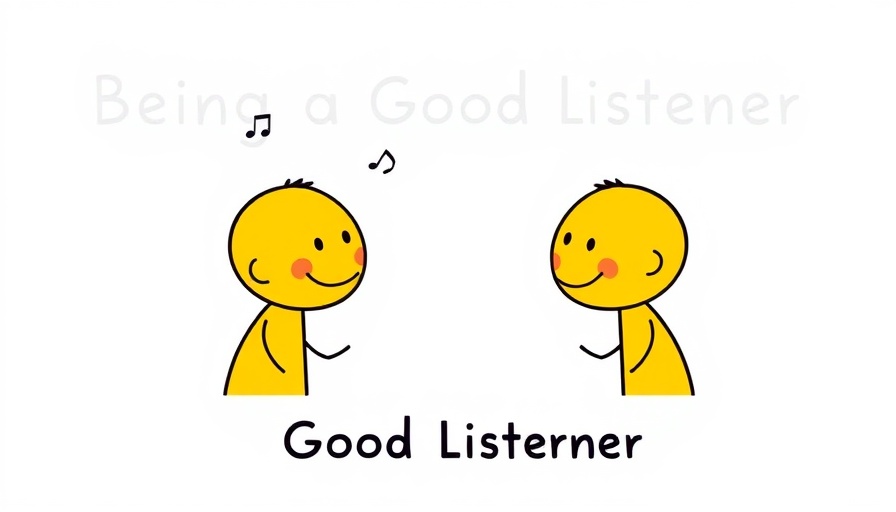
Unlocking the Power of Listening: 4 Key Qualities
Listening is an art often overlooked in our fast-paced, distraction-filled lives. But cultivating the qualities of a good listener can create profound connections and enhance our relationships. Good listening is not merely about hearing words; it is about connecting with emotions and understanding intentions. Here are four essential qualities that exemplify effective listening.
A Good Listener Asks, “What’s on Your Mind?”
The journey to understanding often begins with a simple question. A truly good listener knows how to gently encourage a speaker to delve deeper into their thoughts and feelings. Through thoughtful inquiry, they help others navigate through anxieties, allowing them to express their innermost concerns. This supportive approach invites openness and promotes introspection, enabling individuals to articulate their feelings more clearly.
Going Beyond Anecdotes: Seeking Deeper Connections
While sharing stories can be therapeutic, a good listener helps elevate these anecdotes into a broader discussion. They connect individual events to larger patterns in one’s life, leading to valuable insights about emotions and experiences. This quality transforms a mere chat into a meaningful dialogue, fostering a sense of safety and belonging that invites vulnerability.
Embracing Uniqueness: Sensitivity Without Judgment
Every individual has a unique story that deserves respect and understanding. An effective listener recognizes this and creates a judgment-free space. They allow others to share their truths without feeling criticized or minimized. Small affirmations, such as sympathetic nods or simple sounds of encouragement, remind us that we are being heard and valued, fostering a climate where feelings can be expressed freely.
Separating Disagreement from Criticism: Building Trust
The best listeners know that differences of opinion do not have to lead to conflict. They cultivate an environment built on trust, where disagreements can exist without fear of reprisal. By signaling that their companionship does not hinge on perfection, they encourage honest discussions that strengthen relationships. This crucial quality creates lasting bonds based on mutual respect and understanding.
What Good Listening Looks Like in Everyday Life
Imagine telling a friend about a difficult day at work. Instead of jumping in with their own experiences, a good listener responds by asking insightful questions that draw out your feelings, helping you sort through your thoughts. They listen attentively, integrating your feelings into a larger context rather than dismissing them as trivial. This simple act can transform a mundane conversation into a significant moment of connection.
The Benefits of Cultivating Listening Skills
Mastering the art of listening can greatly enhance personal and professional relationships. By prioritizing the experiences of others, we foster empathy, reduce misunderstandings, and cultivate stronger bonds. Whether in a personal relationship or at work, embracing these qualities can contribute to a more supportive and nurturing environment.
Incorporating effective listening into our lives is an invitation to embrace deeper connections and foster healthier interactions with those around us. As we learn to quiet our minds and focus on others, we open the door to richer conversations and more fulfilled relationships.
How can you become a better listener? Start with one quality at a time. Whether it’s asking open-ended questions or embracing someone’s uniqueness, these small changes can make a world of difference in your conversations.
 Add Row
Add Row  Add
Add 



 Add Row
Add Row  Add
Add 

Write A Comment